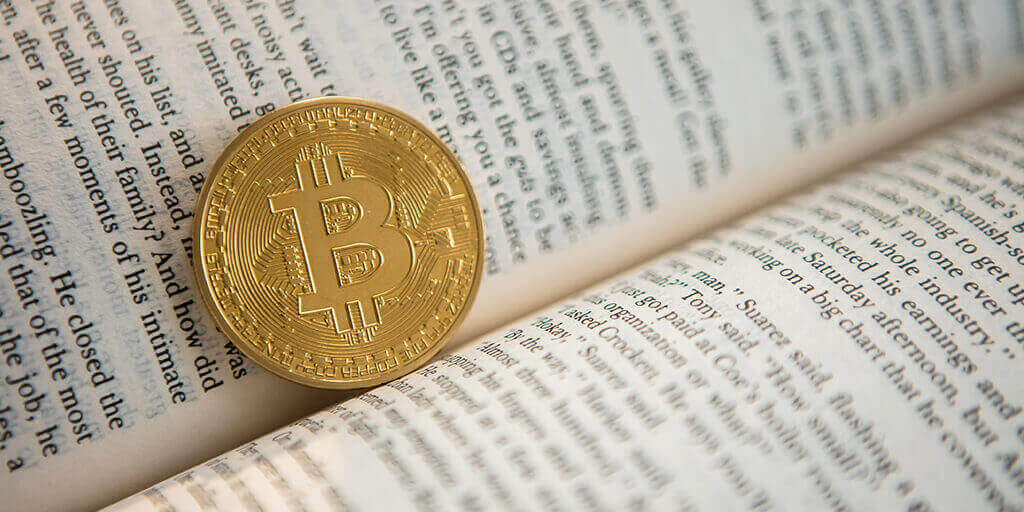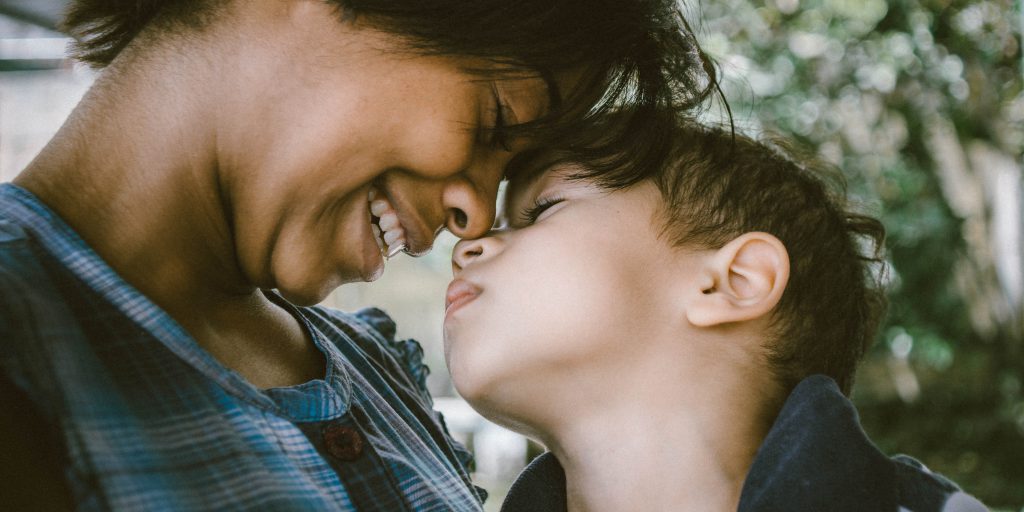Anxiety is common in Children. Much of it is normal developmentally, meaning age appropriate. For example, Infants can be anxious about strangers or startled by sudden and loud sounds. Toddlers can be fearful of darkness, imaginary creatures and fear separation from parents or significant care providers. Elementary school children are often fearful of injury, storms or death. As kids move to middle school, school performance and social status becomes increasingly important which can lead to anxiety around these issues.
When does anxiety become problematic?
If developmentally appropriate anxiety does not subside with time or starts impairing a child’s everyday functioning like missing school days or not able to keep friends, then intervention is required.
WHAT CAUSES ANXIETY IN MY CHILDREN?
No single cause. Anxiety is multi-factorial and results from interaction between biological and environmental risk factor. Biological factors include genetics, family history of anxiety or presence of any other psychiatric condition increases the risk of having anxiety. Environmental risk factors include bullying, parenting styles and trauma.
TREATMENT OPTIONS
I don’t want my child to be on medications. That is the first comment I hear from numerous parents even before my first evaluation is complete. Well, as per American Association of Child & Adolescent Psychiatry (AACAP), the first line of treatment for anxiety disorders, especially if it is mild, is Psychotherapy.
So how does psychotherapy help? Psychotherapy lets children talk about underlying feelings and problems. They receive emotional support, learn to resolve conflicts with peers and family members, perceiving comments as they are and not ‘overthinking’ them.
How long? Some forms of therapy are time bound like CBT (Cognitive Behavioral Therapy). CBT can last 12-16 weeks. Some centers offer time bound group therapy sessions. Individual therapy which is readily available in the community could last many months to many years depending on the complexity of the child’s condition and progress.
What about medications? If the anxiety is severe or psychotherapy has failed completely or has shown partial response, adding medication to treatment may be helpful. In my recommendation, the child should not be taken off therapy when on medication. It should go hand in hand.
How long would my child be on medications? If the child is being prescribed for the first time, I try to taper the medications off after 6 months to 1 year. The child should be in remission on medications for significant period before this decision is made. During the course of taper, I recommend that child should continue to be on therapy. Some children do very well after the taper and might not require medications again. But for many children, especially with significant genetic load, they might need medications again. The length of treatment will then depend on individual case.



